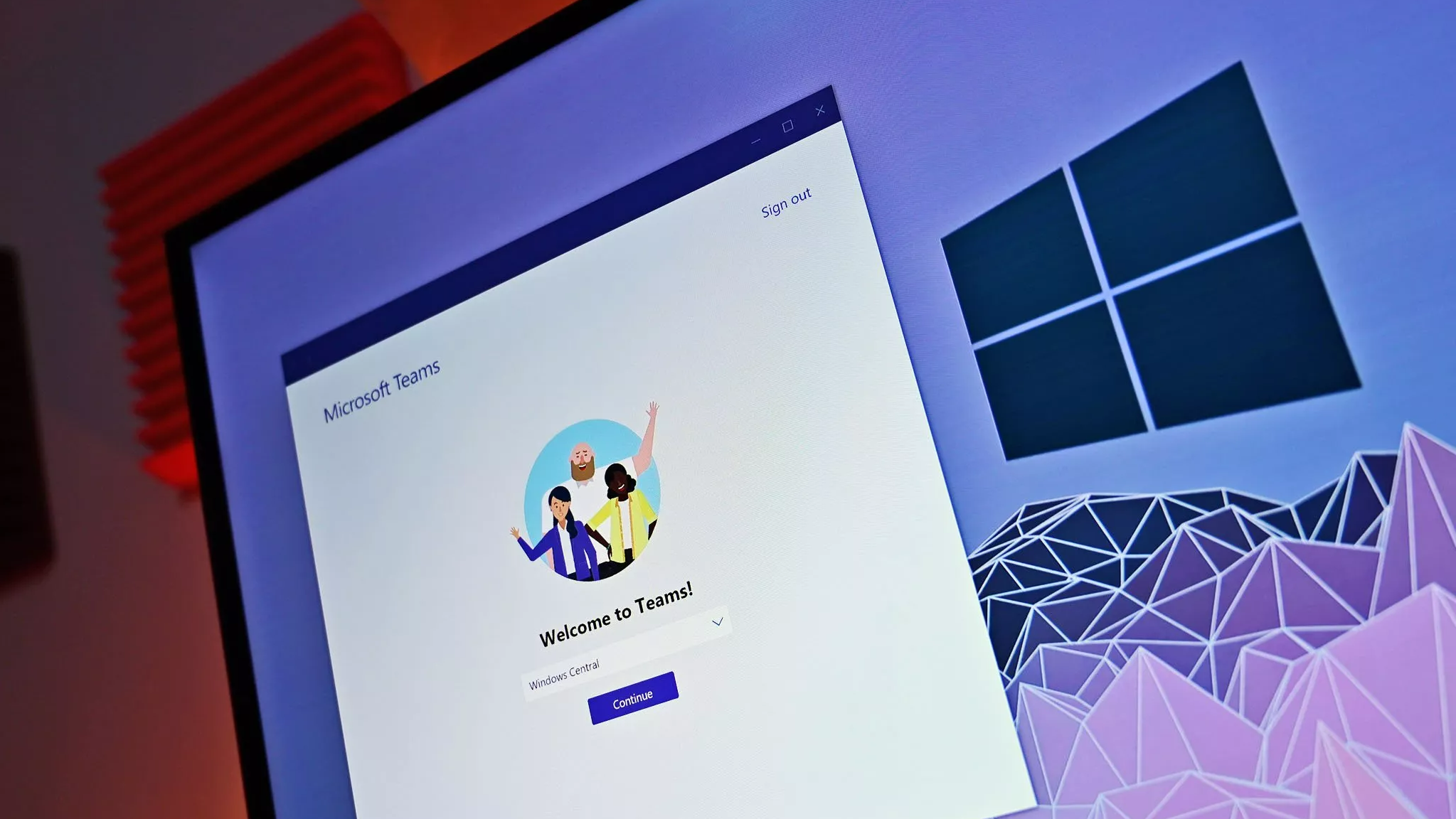What you need to know
- The Microsoft Teams Progressive Web App is now available for Linux.
- The PWA supports Together mode, large gallery view, custom backgrounds, and more.
- Since it is a PWA, it will also receive updates faster, which means Linux users will get new features soon.
Microsoft Teams is now available on Linux as a Progressive Web App. While it was already possible to use Teams on Linux systems, Microsoft plans to retire the Linux desktop client in December 2022 (via Office 365 for IT Pros). Users will have to shift over to the PWA to continue using the communication platform.
The PWA also brings more features to the platform than the current desktop client. It allows Microsoft to ship updates and new options to Teams on Linux in a timely manner as well.
The Teams PWA is available on both Edge and Chrome on Linux. There’s a good chance that it will work on some other Linux browsers, though we haven’t had the chance to test it out yet. It supports a lengthy list of features, some of which were not previously available for Teams on Linux.
“The PWA offers access to more capabilities, including custom backgrounds, gallery view, reactions, the raise-a-hand feature in meetings, as well as large gallery and Together mode views,” explained Microsoft (opens in new tab).
“The PWA also provides desktop-like app features, such as system notifications for chat and channel, a dock icon with respective controls, application auto-start, and easy access to system app permissions.”
For those that rely on Microsoft Teams professionally, it’s possible to use the Linux PWA with Conditional Access configuration that’s set up through Endpoint Manager. This setup allows organizations to get Teams onto systems through Microsoft Edge, which can be more secure than other setups.
It’s not surprising to see Microsoft shift to a PWA for Teams on Linux. As an operating system, Linux is already niche. The overlap between Teams users and Linux users is also probably small. By moving to a Progressive Web App, Microsoft can continue to provide Teams to Linux users without dedicating specific resources to the OS.





